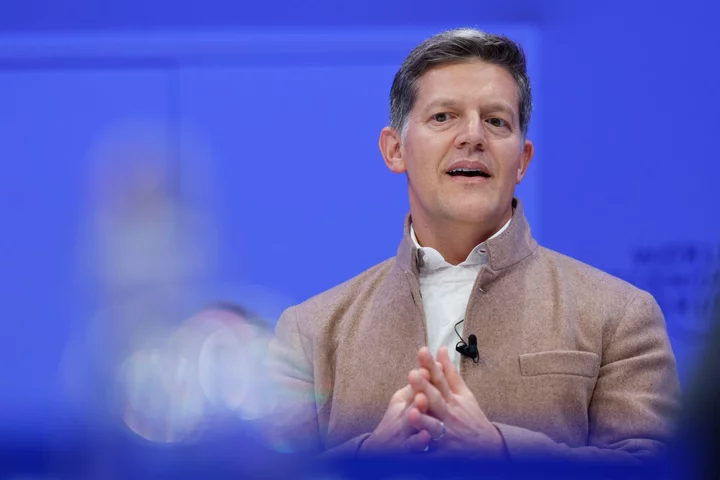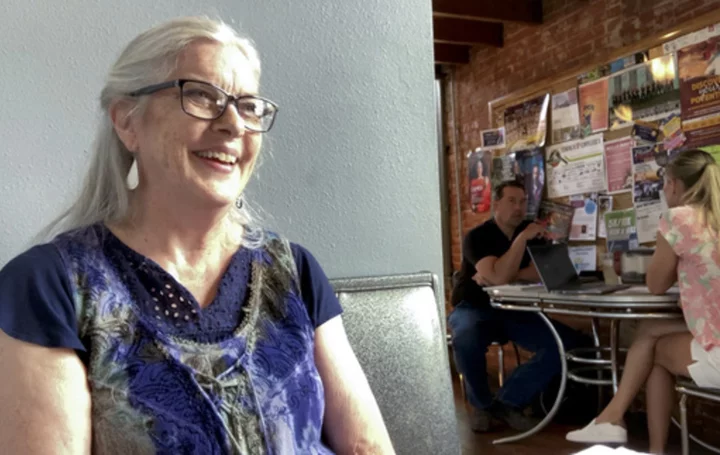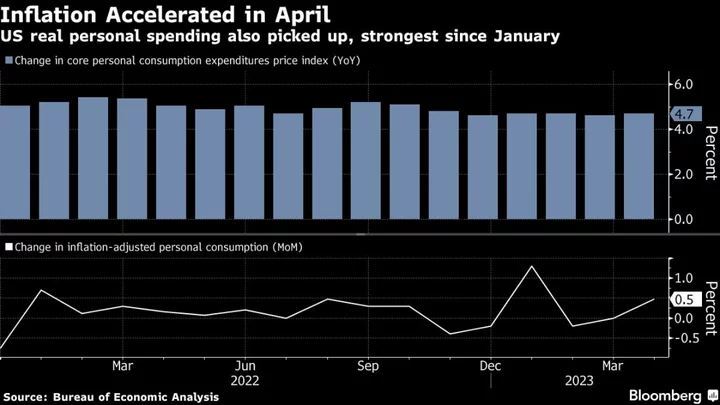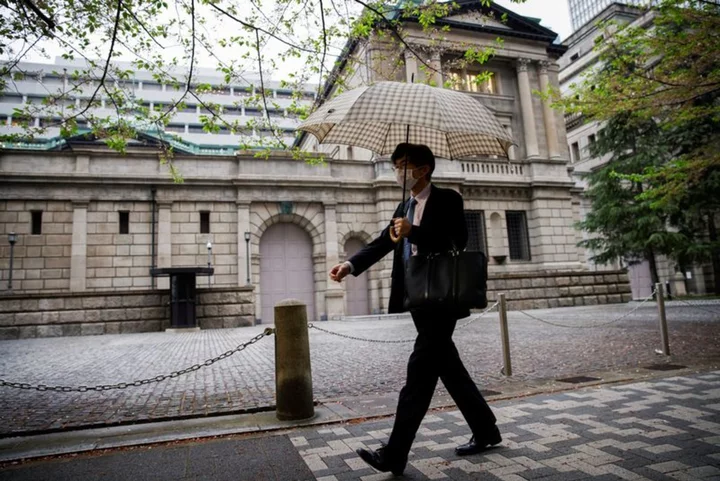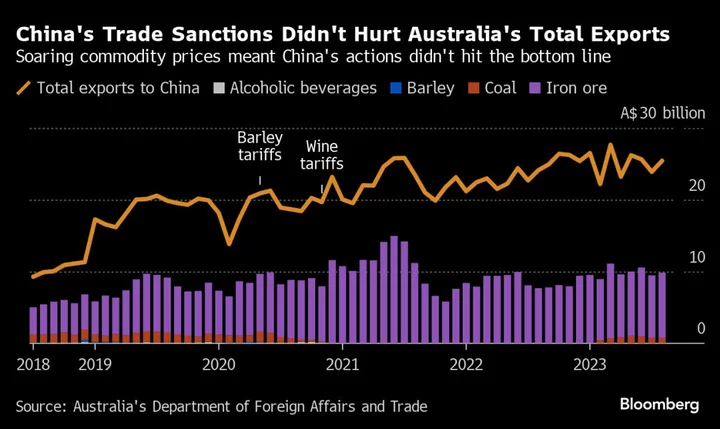Sequoia Capital, the venture capital powerhouse, is breaking up into three entities across the globe, splitting the Chinese and US operations as tensions grow between the world’s two largest economies.
The firm, known for its early backing of Google, Instagram and some of China’s biggest internet companies, will split up into independent partnerships and separate firms, operating under different brands, no later than at the end of March next year, the company said.
“It has become increasingly complex to run a decentralized global investment business,” Sequoia said in a press release co-authored by regional heads Roelof Botha, Neil Shen and Shailendra Singh. “This has made using centralized back-office functions more of a hindrance than an advantage.”
Sequoia over the years has managed tech investments across the Pacific, weaving in US endowment and pension money with opportunities in two of the world’s largest internet markets. Now, as regulatory scrutiny in both Beijing and Washington escalate, the company is finding it increasingly hard to navigate the policy landscape.
Sequoia was an umbrella brand for three already largely independent ventures: one focused on China, another on the U.S. and Europe, and a third on India and Southeast Asia.
The Sequoia China business will retain its existing name in Chinese and adopt the name HongShan in English. Sequoia India and Southeast Asia will become Peak XV Partners. The US and Europe venture capital business will continue to be known as Sequoia Capital.
At the same time, Sequoia Heritage and Sequoia Capital Global Equities will operate under the Sequoia banner.
China Complications
Sequoia is just one of many investment firms facing the new dynamics of venture investing globally. Coatue Management, SoftBank Vision Fund, Lightspeed China Partners and DST Global are among the entities with stakes in some of the same Chinese companies as Sequoia.
Still, Sequoia China stands apart. It started investing in the country years before most and still gets in at a very early stage. The strategy has led to it owning large stakes in high-profile Chinese IPOs.
Sequoia Capital and its Beijing affiliate spent over a decade scattering billions across China’s multitude of startups, backing the likes of ByteDance Ltd. and JD.com Inc. while becoming a powerhouse brand among the venture firms trying to strike it rich there.
It’s expanded beyond early-stage investing into growth stage, infrastructure, healthcare and consumer, and buyout funds. Sequoia China manages about $56 billion asset under management.
Neil Shen has run Sequoia’s China presence since 2005. While many rival firms have committees outside China that approve or nix investments there, Sequoia China has been one of the few with its partners making their own on-the-ground decisions.
Shen has adeptly managed relationships with startup founders, Chinese officials and a global investor base.
Sequoia China invested in about 1,200 portfolio companies in the country and has more than 300 staff in the country. The fund raised about $9 billion for investments in 2022 from pensions, endowment funds and family offices from the US, Europe, the Middle East and Southeast Asia.
Global Challenges
The prospects for investments in China are now mired in uncertainty. Regulatory actions on both sides of the Pacific are squeezing nation’s technology industry and create unpredictability for its financial backers.
China is still weathering a decline in venture capital investments, despite once being touted as a rival to Silicon Valley.
President Joe Biden plans to sign an executive order that will limit investment in key parts of China’s economy by American businesses, people familiar have said. The US has also been briefing its G-7 partners on the investment curbs, commonly referred to as reverse CFIUS.
In a speech on May 20, National Security Advisor Jake Sullivan confirmed that it “was no secret” that the US has been working on developing the legal authorities for a targeted set of outbound investment controls.
The policies in work are complementary to ones that review transactions involving investment in the US, to determine if they are of national security concern.

